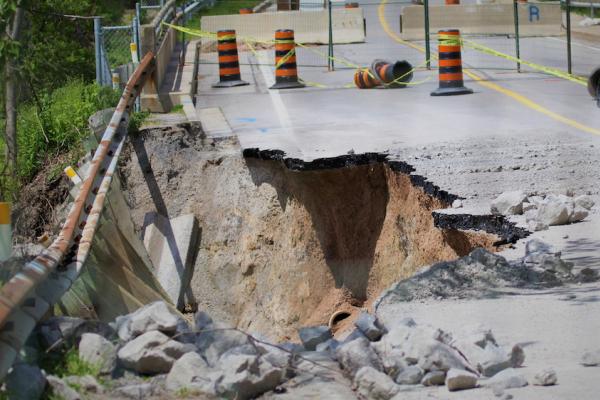Oct 14, 2021
Most of the U.S. public doesn’t “know anything at all” about congressional Democrats’ Build Back Better infrastructure plan, according to a CBS poll released this week. Even though the provisions the plan contains could help countless families, the language of “infrastructure” is both distant from our daily lives and too obscure to generate a sense of urgency. “My people are destroyed for lack of knowledge,” the prophet Hosea warns (Hosea 4:6). How true that rings now.
Read the Full Article

Already a subscriber? Login
